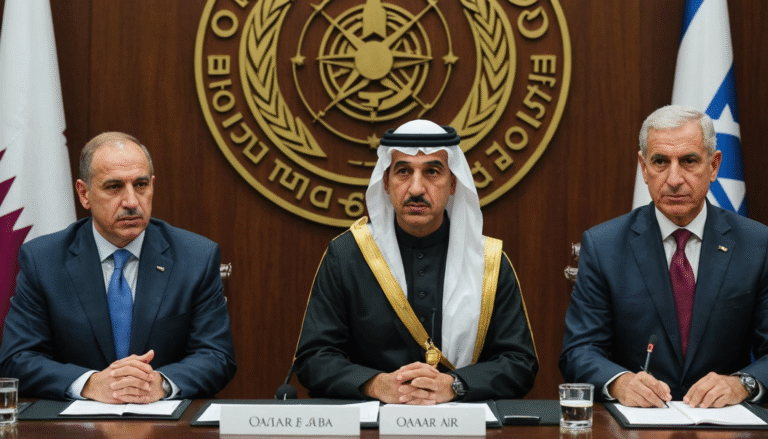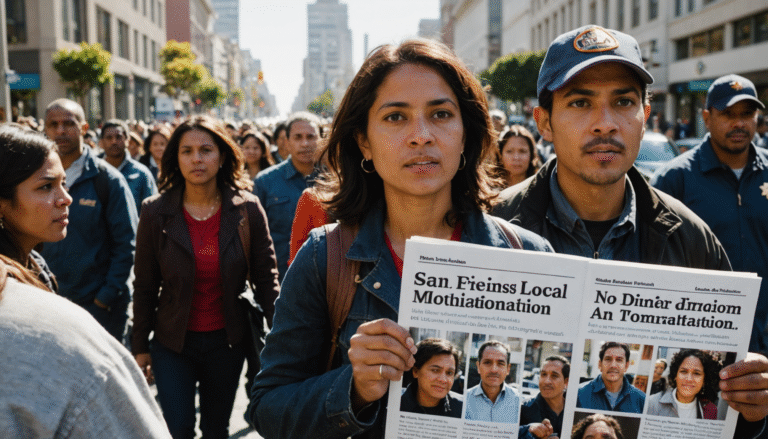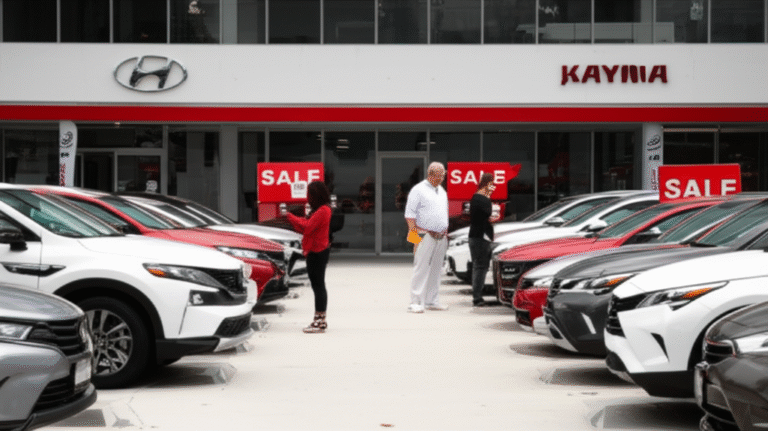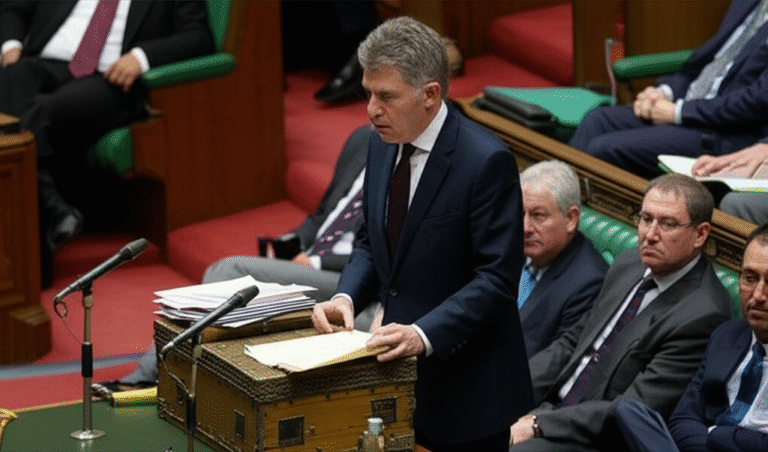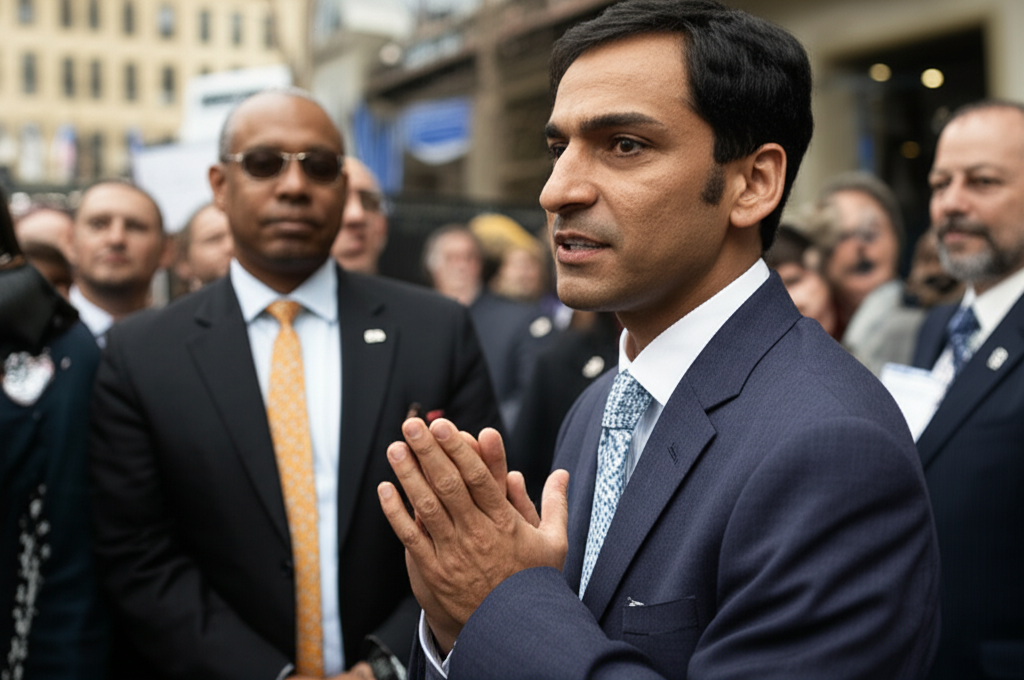
The Mamdani mayoral bid for New York City has intensified a significant internal division within the Democratic Party. While progressives widely back Zohran Mamdani, many moderate leaders and establishment Democrats are actively distancing themselves. This ongoing rift, fueled by Mamdani’s self-described democratic socialist platform and progressive policies, is being closely watched by Republicans. Figures like President Donald Trump are strategically using Mamdani’s candidacy to criticize the broader Democratic brand, indicating broader national implications for looming elections.

Democratic Party Faces Deepening Divisions
Democratic Senator Chris Van Hollen recently criticized his party’s leadership as “spineless” for not endorsing Zohran Mamdani, the Democratic nominee for New York City mayor. He noted that many New York Democratic members of Congress have stayed on the sidelines, calling for immediate support. This public rebuke highlights the deep ideological chasm, contrasting progressive rallying behind Mamdani’s economic populism and youthful charisma with establishment hesitation.
The division centers on Mamdani, a 33-year-old democratic socialist whose economic populism and youthful charisma have generated substantial grassroots support beyond New York. In contrast, Democratic leaders in Washington and moderate Democrats facing elections this fall are actively distancing themselves. This reluctance reflects a cautious strategy as the party navigates ideological currents and seeks to maintain broad appeal across diverse electorates. The ongoing debate extends beyond New York, influencing internal party dynamics and electoral strategies in other states.
Republicans Capitalize on Internal Strife
Republicans, including President Donald Trump, are observing the Democratic rift with delight, actively linking Mamdani’s progressive policies to the Democratic brand. This strategy is evident in New Jersey and Virginia gubernatorial elections and is planned for next year’s high-stakes midterm elections. Trump went further, inaccurately describing Mamdani as a communist in a social media post and implying federal funding cuts for New York City if Mamdani is elected. He called it “a very bad one for New York City,” stressing Washington would be “watching.”
Varied Endorsements Among Democrats
On Capitol Hill, House Minority Leader Hakeem Jeffries and Senate Minority Leader Chuck Schumer, both New Yorkers, have notably declined to endorse Mamdani. Jeffries cited personal discretion, while Schumer, despite past collaborations with Mamdani, withheld support. This lack of endorsement reflects political pressure to win races in swing states, not just Democratic strongholds. Conversely, New York Governor Kathy Hochul endorsed Mamdani in a New York Times opinion piece, urging unity to “fight back against Mr. Trump,” highlighting internal state-level splits.
Mamdani’s controversial stances include calling Israel’s Gaza campaign “genocide” and advocating for a Palestinian state with “equal rights.” He also proposes tax increases on the wealthy for initiatives like free buses to make New York more affordable. These positions energize his base but alarm moderates. Within New York’s delegation, Representative Tom Suozzi cited disagreement with Mamdani’s “proposed solutions” for not endorsing, while swing-district Representative Pat Ryan declared, “I’m with the people. I’m with Zohran,” illustrating a clear internal divide.
- Zohran Mamdani’s mayoral bid has caused significant internal division within the Democratic Party.
- Prominent Democratic leaders on Capitol Hill, including Hakeem Jeffries and Chuck Schumer, have refrained from endorsing Mamdani.
- New York Governor Kathy Hochul has endorsed Mamdani, creating a split with other state Democrats.
- Republicans, including Donald Trump, are strategically using Mamdani’s candidacy to criticize the Democratic Party.
- Progressive groups and Senator Bernie Sanders have strongly rallied behind Mamdani, seeing larger implications.
Progressive Momentum and Historical Parallels
For progressives, the Democratic establishment’s perceived snub of Mamdani echoes Senator Bernie Sanders’s past struggles to gain party support despite widespread popularity. Sanders, now a fierce Mamdani defender, finds it “hard to understand how the major Democratic leaders in New York State are not supporting the Democratic candidate,” framing it as a “fight on our hands” for the party’s future. National progressive groups like Our Revolution, citing “off the charts” grassroots anger, view the stakes as far broader than the mayoral race.
The debate has spilled into upcoming midterm primaries, exemplified by a Michigan Senate contest involving establishment candidates versus political outsider Abdul El-Sayed. El-Sayed criticized the party: “It’s odd to me that if a candidate were to win a Democratic primary that the Democratic party wouldn’t take notes… and then shift accordingly.” He stressed that parties must reflect “the will of the people” or face electoral losses, emphasizing the chasm between leadership and the base.
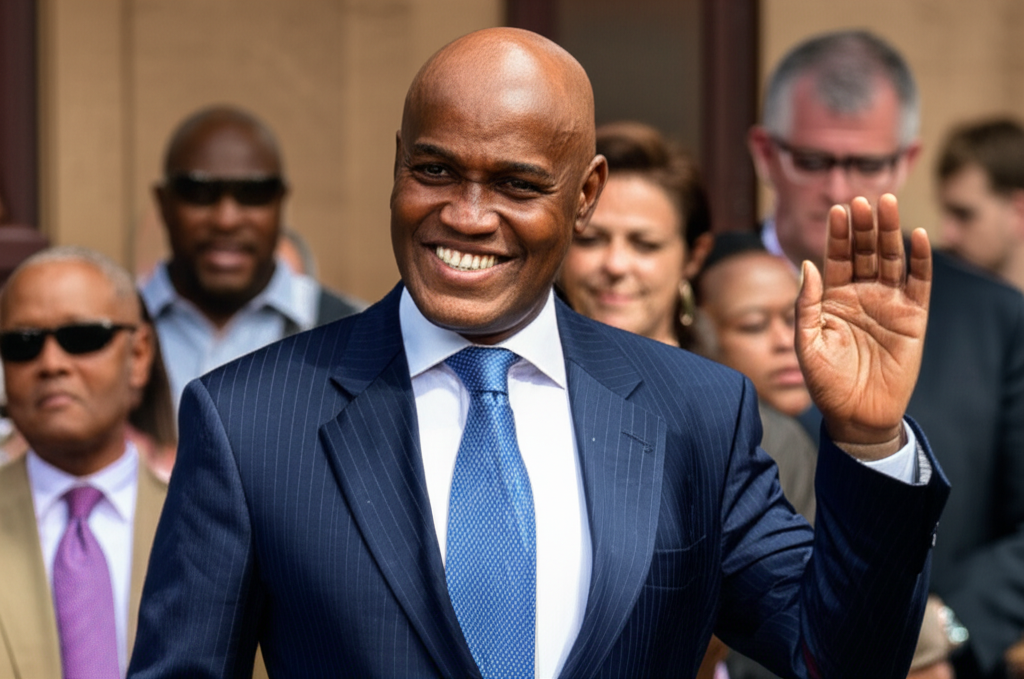
The Source describes how Mamdani will face former Democratic Governor Andrew Cuomo and incumbent Mayor Eric Adams, both running as independents. Mamdani expressed gratitude for Hochul’s support in unifying the party. However, he sharply criticized Cuomo, likening him and Donald Trump to “two sides of the same coin that New Yorkers want to throw away into the dustbin of history,” asserting a desire for “a new kind of politics.”
“What Andrew Cuomo doesn’t seem to understand is that him and Donald Trump are two sides of the same coin that New Yorkers want to throw away into the dustbin of history. We want a new kind of politics.”
— Zohran Mamdani
Background
The current contention around Zohran Mamdani’s mayoral bid intensified after his Democratic primary victory. Despite securing the nomination, many Democratic leaders, particularly on Capitol Hill, have deliberately withheld endorsements. This creates a significant void of traditional party backing, leaving Mamdani heavily reliant on his progressive base. Historically, Senate Minority Leader Chuck Schumer had collaborated with Mamdani on issues like taxi driver debt relief and praised his primary campaign. Yet, this earlier cooperation did not translate into a general election endorsement, reflecting broader political calculations.
The reluctance of figures like Schumer and House Minority Leader Hakeem Jeffries stems from pressures to win races in politically diverse regions. Their need to secure victories in swing states and Republican-leaning areas, alongside Democratic strongholds, means Mamdani’s progressive platform could be seen as an electoral liability. This strategic pragmatism highlights an ongoing tension between internal party unity and the broader demands of electoral success, influencing how party leaders navigate controversial candidacies.
What’s Next
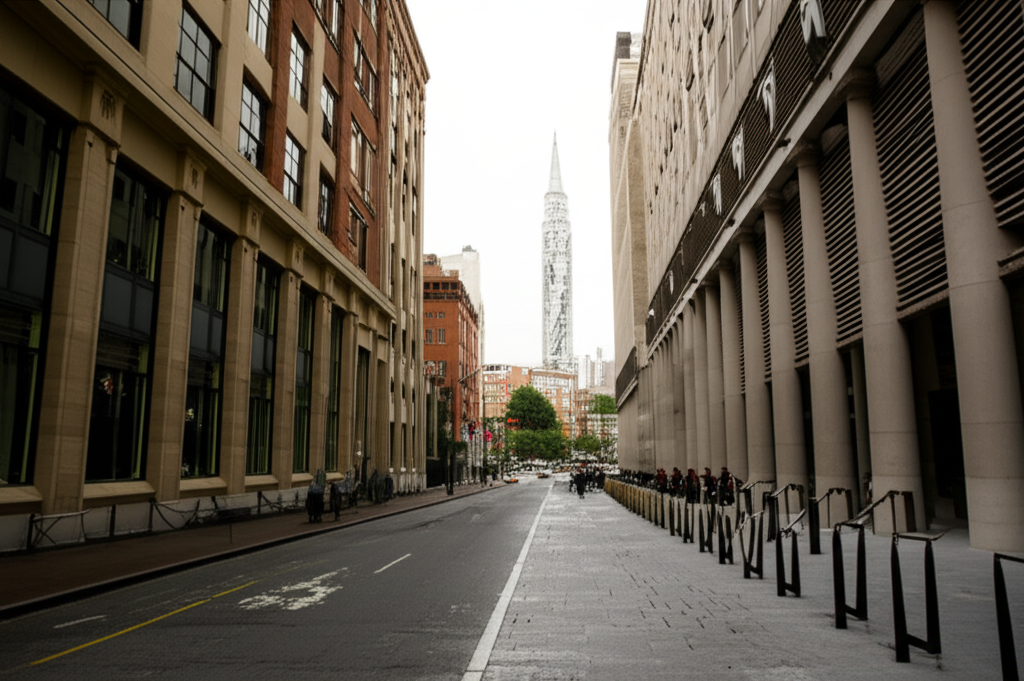
The divisions sparked by the Mamdani mayoral bid are set to significantly impact upcoming elections. Republicans are actively linking mainstream Democratic candidates to Mamdani’s progressive stances. New Jersey Republican gubernatorial nominee Jack Ciattarelli, for instance, used Mamdani’s candidacy to claim the “modern Democratic Party has lost its mind.” Ciattarelli’s campaign ran digital ads featuring Representative Mikie Sherrill, who initially indicated support for the nominee but later distanced herself, deferring to New York voters. This demonstrates the strategy to paint Democrats as extreme.
Similarly, Virginia Democratic governor candidate Abigail Spanberger’s team avoided endorsing Mamdani, stating she was “laser-focused on Virginia.” These examples illustrate how Mamdani’s campaign functions as a wedge issue in statewide races, even in distant locations. The Republican strategy aims to brand the entire Democratic Party with “far-left policies,” a narrative they plan to aggressively deploy through next year’s midterm elections in states like North Carolina and Ohio, attempting to shape public perception broadly.


